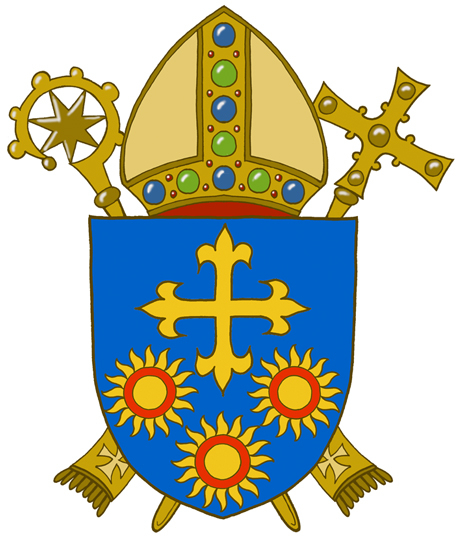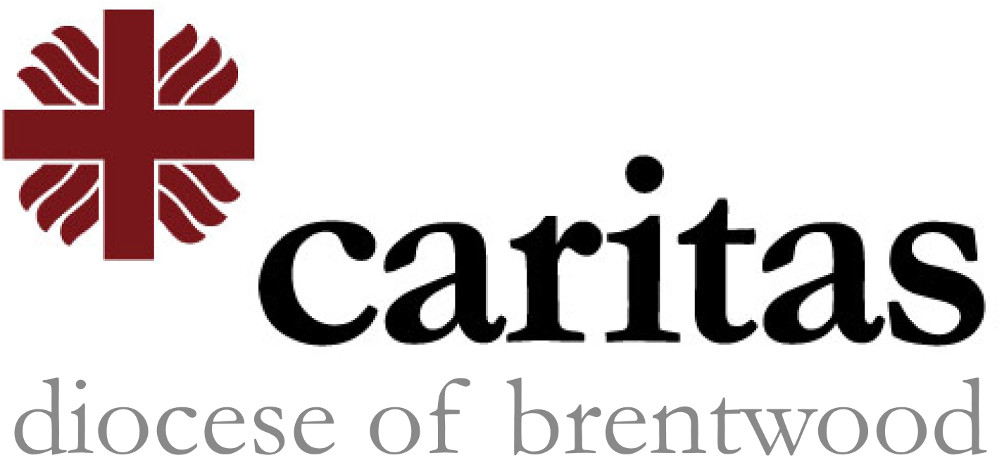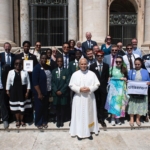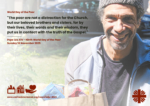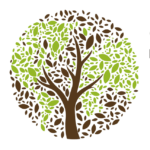How do we start the process? The first step is to register your interest in the UK Government Homes for Ukraine scheme. There is detailed UK Government guidance, in the form of frequently asked questions. There is also specific guidance on how to apply for a visa and general guidance for sponsors. A summary of the scheme is available in Ukrainian and Russian. The guidance on the UK Government site is being updated so it is worth checking back for updates. Those hosting may want to pay particular attention to the accommodation requirements to ensure their homes are ready to receive guests.
How to match with a Ukrainian refugee? There are several organisations that have experience in hosting refugees in the UK and who may be able to help to match you with a Ukrainian refugee. The most prominent in the UK is Reset – this charity is backed by the UK Government to run a matching service. Rest is working with Refugees at Home (the charity Mary Stretch spoke about) to provide a thorough assessment and training service for hosts as well as ongoing support for both the hosts and refugees. Other charities and organisations are also offering matching services including Ukraina Space which is available worldwide and is available in several languages.
What funding opportunities are there for assisting refugees? Sponsors must NOT charge rent to their refugee guests, but in recognition that providing accommodation will incur costs to sponsors, the government is offering an optional “thank you” payment of £350 per month for up to 12 months. These payments are optional in the sense that any sponsor may choose not to receive a “thank you” payment if they so wish, but, subject to local authority checks on the standard of accommodation being offered, the sponsor may if he/she wishes to choose to accept the monthly “thank you” payment, which is payable monthly in arrears. It is unclear as to the precise mechanism for claiming/receiving these payments, but this may become clearer once a sponsor has received the local authority visit to check the suitability of the accommodation being offered and upon which the decision to make available “thank you” payments is based.
Although there is no obligation on a sponsor to provide food in addition to accommodation, sponsors may wish to do so, and are likely, therefore, to accept the optional “thank you” payments as a means of defraying the additional costs relating to food/heating/power etc. Whether sponsors in receipt of “thank you” payments wish to pass on any of the thank you payments to their refugee guest(s) is a personal decision. “Thank you, payments” will not affect any benefits a sponsor may be receiving (including single person council tax discount) and are tax-free.
Refugees will also receive from the local authority in which they reside an initial interim payment of £200 towards subsistence costs. This doesn’t have to be paid back. If your guest moves out of your home for any reason, you must inform your local council as you will need to let them know that you are no longer eligible for the monthly payments.
Refugees are entitled to work and claim benefits (e.g. Universal Credit) but will need to set up a UK bank account to receive benefit payments.
What happens beyond six months? gov.uk – Your guests can stay more than six months. When they or you wish to end the arrangement, it is suggested that two months’ notice is given. After the initial six-month stay, guests can apply to rent accommodation in the normal way or can seek help from the local authority. After six months, refugee guests can be eligible for housing benefits.
What support is the local authority providing? Essex County Council has published guidance on how the scheme will work in Essex. They have also published a Welcome pack for sponsors for different areas in Essex, with translated versions being available shortly.
The Community Support Team at Brentwood Borough Council is handling the BBC response and can be reached at: [email protected]. There is also a Ukraine Support Line (0800 1488586) run by Barnardo’s.
Attending Church services: Please note that all Ukrainian refugees are welcome to attend any of our local Catholic Churches.
- Ukrainian Catholic Cathedral: Duke St, London W1K 5BQ
- Greek Orthodox Church – St Eleftherios Leyton:113 Ruckholt Rd, London E10 5NT and St Barbara St Phanourios & St Paul the Apostle: Salisbury Ave, Westcliff-on-Sea SS0 7AU
- Russian Orthodox Church – Cathedral of the Dormition of the Mother of God & Royal Martyrs: 57 Harvard Rd, Chiswick, London W4 4ED and St John’s Church: Military Rd, Colchester CO1 2AN
Guidance for hosts/sponsors: Caritas Diocese of Brentwood has useful guidance on what to consider when hosting which includes a link to a webinar hosted by Citizens UK providing practical advice for those hosting on what to expect and the Sanctuary Foundation which also has a number of engaging videos offering advice. Also available on the Caritas website is a helpful Sponsor toolkit from Reset and a Hosting Good Practice Guide from NACCOM.
Essex is United for Ukraine is a Facebook group set up in conjunction with Essex County Council. It provides a network for those wishing to support Ukrainian people to share information and ideas so maybe worth joining if you are hosting. There is also a sub-group for those in the Chelmsford and surrounding area.
Guidance for guests: The UK Government has published a Welcome guide for Ukrainians entering the UK and the British Red Cross has a good range of resources including videos about life in the UK and Advice for Ukrainians arriving in the UK, including psychological support. Sane Ukraine offers free daily online trauma and resilience support sessions translated between English and Ukrainian.
Refugee Education UK will shortly be publishing a guide to navigating the UK education system and will be setting up a free advice line – while awaiting this you can listen to advise from Refugee Education UK (@ 55 mins)
